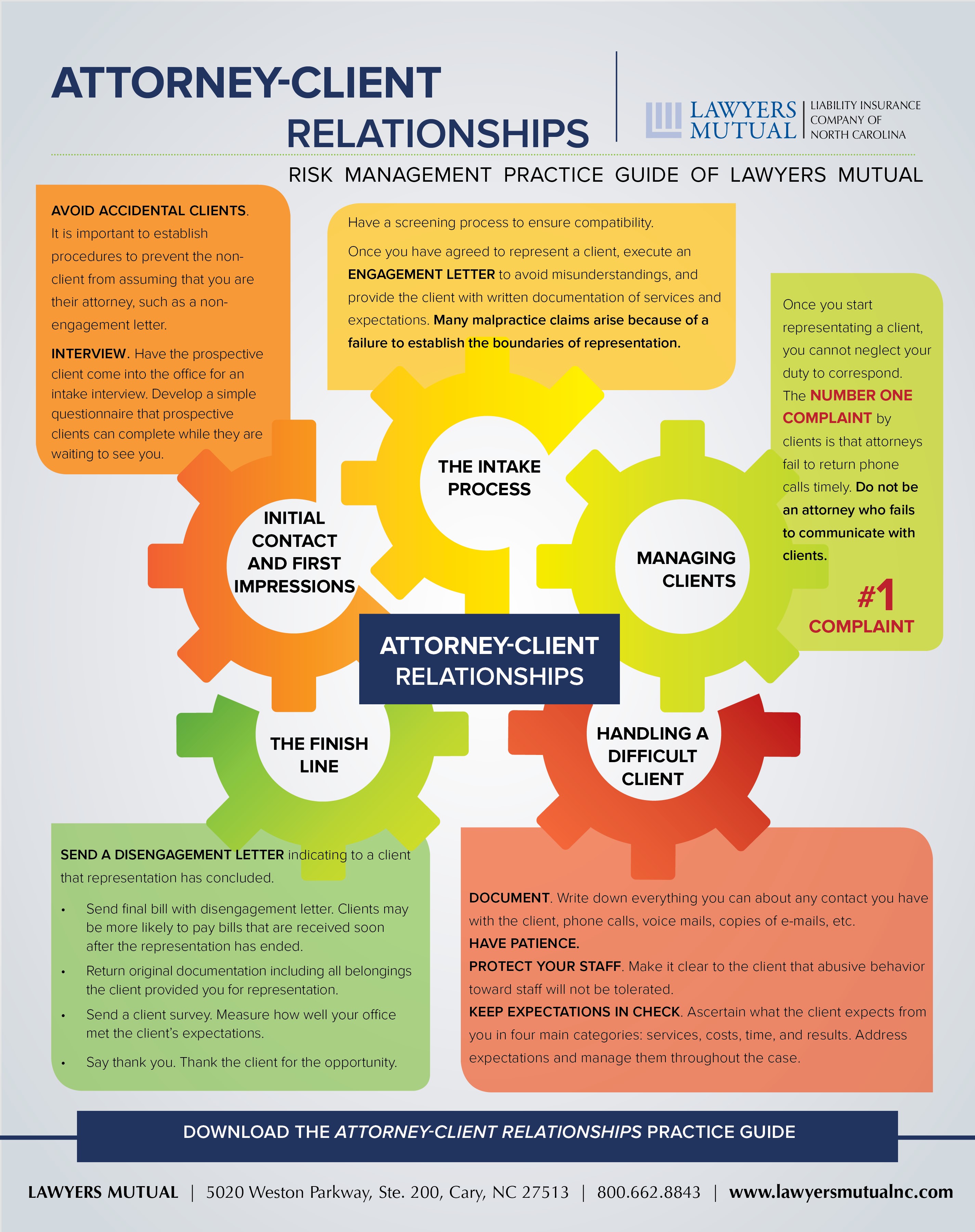The Rate Of Deception: A Financial Analysis Of White Collar Criminal Offense'S Impacts
The Rate Of Deception: A Financial Analysis Of White Collar Criminal Offense'S Impacts
Blog Article
Writer-Offersen Bendix
Think of a beautiful yard, meticulously nurtured over years, loaded with vibrant flowers and rich greenery. Now, image a throng of perilous bugs calmly infiltrating this sanctuary, gnawing away at the origins and flowers, leaving a route of destruction.
This allegory appropriately records the price of white collar criminal activity, a stealthy threat that penetrates our economy with devastating repercussions. As you step into this discussion, prepare to uncover the concealed financial impact of white collar criminal activity and the far-reaching consequences that stick around long after the perpetrators have disappeared from the scene.
The Financial Toll of White Collar Criminal Offense
White collar crime exacts a heavy economic toll on people, businesses, and the general economic climate. It isn't just a victimless criminal activity or a minor trouble. The repercussions are far-ranging and destructive.
When individuals succumb to clerical crime, they commonly shed their life savings, their homes, and their sense of security.
Services, on the other hand, endure large economic losses because of fraud, embezzlement, and other kinds of white collar crime. These criminal activities lead to decreased revenues, harmed reputations, and even bankruptcy in some cases.
Moreover, the economic climate overall endures as white collar criminal activity undermines rely on the monetary system, reduces customer confidence, and interferes with financial development.
The financial toll of clerical crime can't be underestimated, and it's vital that we take solid steps to stop and battle this kind of criminal activity.
The Erosion of Trust in Institutions
The erosion of trust in organizations issues of clerical crime that has far-ranging ramifications for individuals and society. When https://www.sec.gov/news/speech/lee-remarks-pli-corporate-governance-030422 are devoted by people in positions of power and authority, it threatens the depend on that people have in those organizations.
This erosion of count on can have several unfavorable results:
- ** Loss of belief in the justice system **: When individuals see those in powerful placements escaping white collar crimes, it can bring about a loss of faith in the justice system. People may really feel that there's an absence of liability for those that commit such criminal offenses, which can deteriorate count on the legal system.
- ** Reduced self-confidence in financial institutions **: Clerical criminal offenses frequently include economic fraudulence and control. When individuals or institutions are found guilty of such criminal activities, it can bring about a decline in confidence in financial institutions. This can have a negative impact on the economic climate as individuals may be reluctant to spend or trust these organizations with their cash.
- ** Damaging of social material **: Count on establishments is an essential column of a functioning society. When that trust fund is worn down, it can cause a weakening of the social fabric. Individuals might become much more cynical and doubtful of organizations, which can result in a break down in social cohesion and teamwork.
Long-Term Economic Effects
Loss of trust in establishments as a result of clerical criminal activity can have lasting economic effects.
When individuals and businesses despair in the integrity of establishments, they may come to be hesitant to invest or take part in financial activities. This lack of trust can result in a decrease in customer investing, as people become much more mindful with their cash.
Furthermore, organizations might be reluctant to form partnerships or enter into contracts, fearing that they'll be taken advantage of by unethical people.
Read Alot more lasting financial repercussions of this loss of trust can consist of slower financial growth, decreased work creation, and decreased market competitiveness. It's critical for establishments to attend to clerical crime and bring back count on order to secure the lasting economic health and wellness of a nation or area.
simply click the following site
In conclusion, the financial effect of white collar crime is shocking, with consequences that get to much past simply monetary losses. It deteriorates the trust fund we position in our institutions, leaving a space that's tough to load.
Like a ruthless storm, white collar crime leaves a long lasting mark on our economy, leaving us to come to grips with its results for several years to come.
